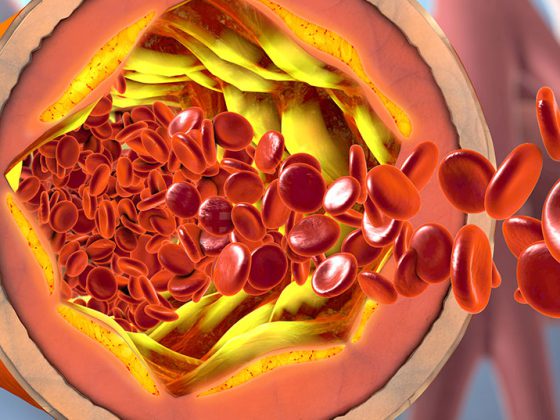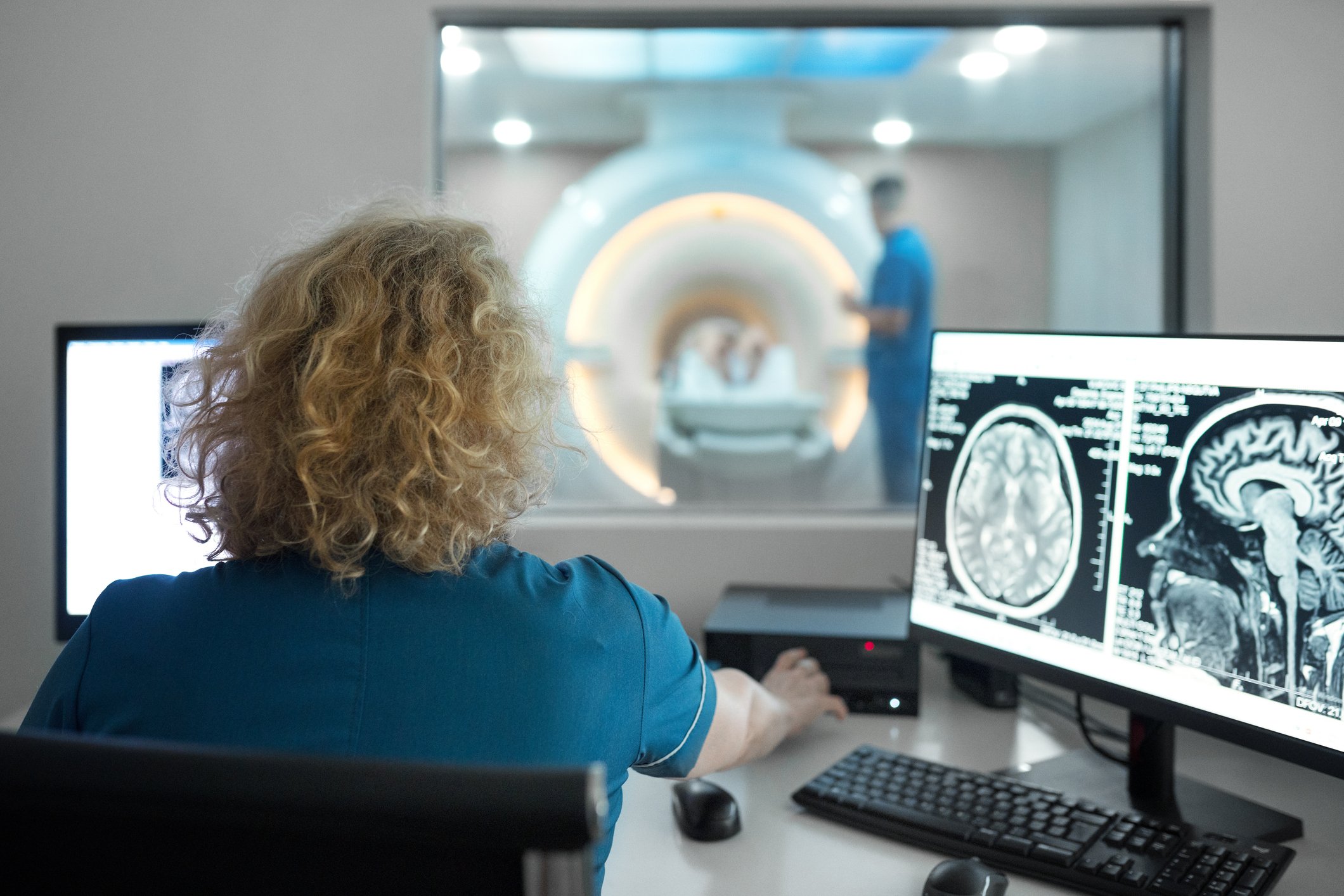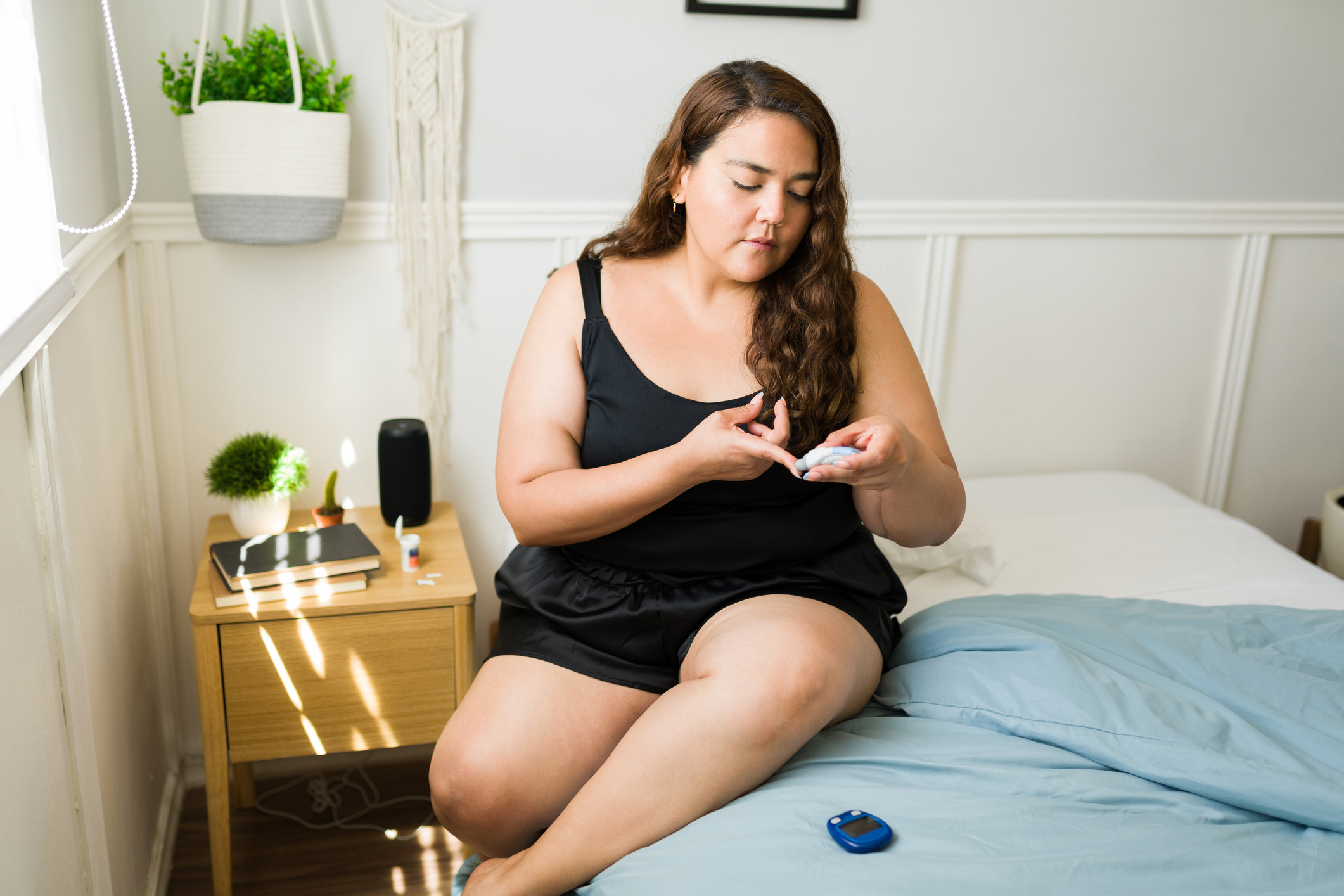What should be considered in the period after the “lock down”? How can the risk for a second wave be minimized? These and other topics were discussed during a WebUp video conference.
The relaxation of measures is a balancing act from an infectious disease perspective. The number of cases is declining, but on the other hand, there is some risk of a second wave. According to the assessment of Prof. Dr. med. Philip Tarr, specialist for infectiology at the Cantonal Hospital Baselland, it is rather unrealistic that by now a large part of the population in Switzerland is immune, antibodies against SARS CoV-2 probably have at most about 5-10%, according to the infectiologist.
Hygiene rules still useful
In his view, a herd immunity strategy costs too many lives and can overburden the health care system. On the other hand, we also know that protective measures are effective and can minimize the risk of infection. “SARS-CoV-2 is more contagious than influenza, but not as contagious as varicella or measles,” explains the infectiologist. A certain exposure duration was needed, which is why the SFOPH had defined 15 minutes as the critical period. A treacherous aspect of the new coronavirus is that transmission can occur as early as 1-2 days before the onset of symptoms. “There is a solid analysis that 44% of new infections come from so-called presymptomatic people,” Prof. Tarr substantiates. Compliance with hygiene measures is therefore still advisable in this respect. Wearing masks is considered by the infectiologist to be an integral part of all opening and normalization strategies. A difficult question, he said, is whether testing asymptomatic individuals is appropriate. Testing as many as possible is part of a successful opening strategy, but the feasibility of wide-area testing is rather difficult. Regarding antibody tests, he emphasizes the importance of using only empirically validated serological tests.
Continue to test only symptomatic individuals
In addition to wearing masks, hand hygiene and distance rules, tests are also among the protective measures. Until recently, demand for tests exceeded availability in Switzerland. In the meantime, however, testing capacities have increased again in this country, so it seems logical to carry out more tests now. However, the motto remains that only symptomatic individuals are tested, even in the clinical context, where there are sometimes calls for testing of all preoperative patients. For de-isolation after COVID-19 disease, the FOPH still states that negative PCR detection is not required, but that 48 h of freedom from symptoms is sufficient and at least 10 days should have passed since the onset of symptoms.
Assess risk of immunosuppressed patients individually
For example, if a person is undergoing immunosuppressive therapies in connection with the treatment of a cancer, the risk with respect to COVID-19 is increased. However, the specific implications must be assessed on a case-by-case basis. If there has been no chemotherapy in the last 5-6 months, there is probably no longer an increased risk because the body has recovered, explains Prof. Tarr. It is important to assess this as part of an overall clinical assessment and to include the patient’s state of mind, he said. With regard to the case of a mother of school-age children whose last chemotherapy session was more than half a year ago, he would therefore advise sending the children there again after the schools have opened. If necessary, a dispensation from gym class may be considered. In any case, adherence to hygiene rules is a particularly important protective measure in this situation.
Patients treated with steroids should also be considered on an individual basis. Inhaled steroids are important for controlling asthma symptoms; whether there is an increased risk depends on the dose. In an asthmatic with a daily dose of 2.5 mg Spiricort (prednisone), he does not consider the risk to be increased. At higher doses, immunosuppression is reversed approximately 2-3 weeks after discontinuation of therapy, he said. In dermatological patients treated topically/locally with steroid-containing preparations, there is no increased risk.
|
SARS Cov2 Antibody Test The Swiss School of Public Health is launching a study to find out how many people in Switzerland are immune. (red) The research project supported by the FOPH is based on the concept of Prof. Milo Puhan, MD, Head of the Institute of Epidemiology at the University of Zurich. Are people immune to reinfection after COVID-19? And if so, how long does the immunity last? For this purpose, around 25,000 people from the population and specific occupational groups are to be tested and examined in a staggered manner by October 2020. The results can be considered for further action in managing the coronavirus epidemic. More information on the project is available at: |
When will there be a vaccine?
Efforts are underway in dozens of laboratories worldwide. However, there are no RNA/DNA vaccines available on the market yet. Virus-like-Particles-Strategies is a promising technology that has been successful in other viral diseases. Prof. Tarr considers it rather unrealistic that a vaccine will be available in six months; it is likely that a vaccine will be available in about 12-18 months. However, it is difficult to make a reliable assessment at this point in time (status of information: 22.4.2020). At the end of the interactive question-and-answer session, Prof. Tarr addressed a psychological dimension: Experience shows that those who return to work after a few weeks at home are more insecure than those who have continued to work at home. This, he said, is an experiential value from his place of employment at the hospital. Taking measures to work with little fear and risk vs. enduring certain uncertainties and fears can be a difficult balancing act.
Source: Forum for Continuing Medical Education (FOMF), WebUp Expertentreff, Infectiology – Talk on COVID-19, Livestream 22. April 2020, Prof. Dr. med. Philip Tarr, Specialist for Infectiology at the Cantonal Hospital Baselland
HAUSARZT PRAXIS 2020; 15(5): 6 (published 8.5.20, ahead of print).











